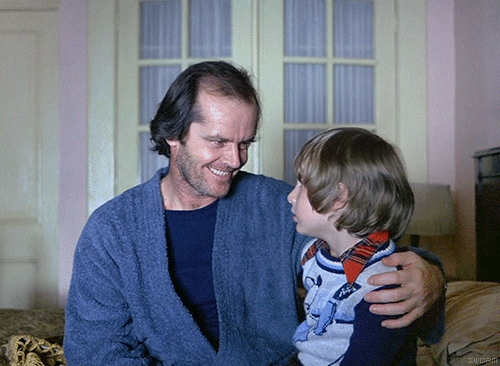Don’t Play with Fyre
Brand lessons from binge-able documentaries
Winter has returned with a vengeance in our neck of the woods. Last month, we were enjoying unseasonably warm days, wearing hoodies, and doing yard work like fools, and not appreciating what we had. This month, school has been cancelled so many times that it has become a rare occasion to actually have school. Weekend and evening activities have also been cancelled and we’ve been stuck inside our house like something out of the Shining.

When the Fyre Festival documentaries dropped on Netflix and Hulu, I watched them immediately. I observed the craziness of the initial #fyrefail happen on Twitter in 2017 and I was gleefully ready to soak in some drama to distract me from the cabin fever. I was not disappointed.

I was also not alone. Social media is ripe with people reacting to the documentaries. There are countless articles about which documentary is better. There is also quite a bit written about influencer culture, millennial marketing, and the ramifications of social media marketing.
But what stuck with me were a few different truths that everyone can take to heart.
Marketing cannot function outside of operations.
Brand and marketing strategy is part of your greater business strategy and everything must work in tandem in order to be successful.
Every touchpoint with your customers or target market is part of your brand. Sales, service, accounting, and even human resources not only need to be fully informed on the brand strategy, but need to work in constant contact and communication with the marketing team to execute these goals.
If you hire an agency, you can’t keep them at arms length from the rest of your organization. For example, the social media team is often asked customer service questions– they need to be able to respond to these immediately or your brand value will suffer.
Event planning is not for amateurs.
As someone who has frequently planned and executed large events, this was something of a horror movie to watch unfold.

They started with an idea and ran with an unrealistic timeline. They set a budget based on guesses. And when the experts told them they were wrong, they said they would do it themselves, which is never a great idea.
And this part is what kills me – no one on their internal staff told them no. Why? It’s best to leave the event planning to the professionals and listen to them when they tell you what they need (either time or money) to execute your vision. Or adjust your vision to what is realistic.
Trust your gut.
Listen, the world is full of shady people, even in business. These documentaries are full of people who knew this was headed towards a dumpster fire, kind of suspected that Billy McFarland wasn’t always telling the truth, and didn’t say anything. And they stayed.

You have to draw your own ethical lines in life and as soon as your employer, partner, or investor crosses those, decide what you are going to do about it.
Doing nothing is a choice and that choice has consequences. McFarland is not the only one being sued or facing judicial penalties. Trust your gut and do what you know is right, otherwise you could end up in big, big trouble.


 That’s why marketing is a constant evolving machine. You should create new marketing plans each and every year and regularly evaluate the return on your investment. Data can drive your decisions and that includes researching your target audience often.
That’s why marketing is a constant evolving machine. You should create new marketing plans each and every year and regularly evaluate the return on your investment. Data can drive your decisions and that includes researching your target audience often.